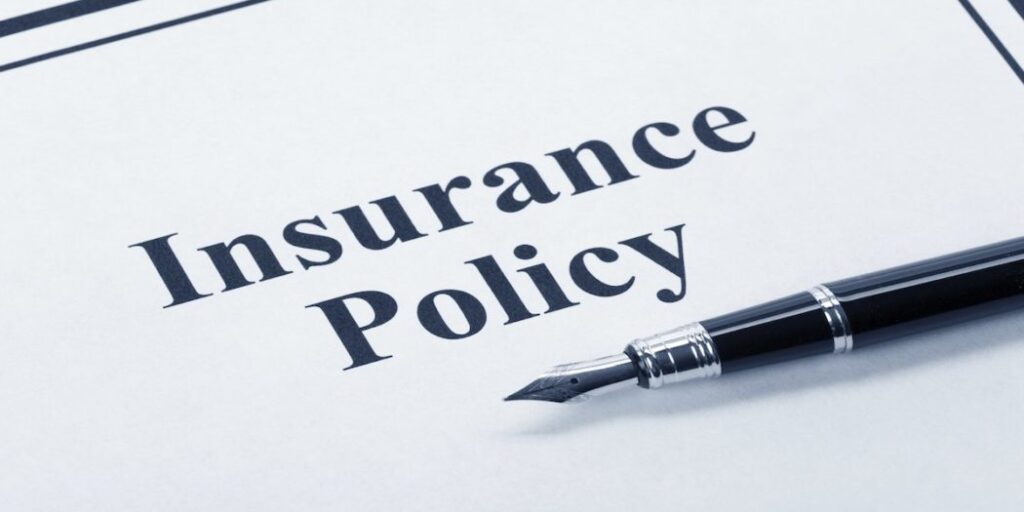Insurance policies are a fundamental part of financial planning, offering a safety net against unforeseen events that could otherwise lead to significant financial hardship. From health and life insurance to auto and homeowners insurance, these policies provide the necessary coverage to protect individuals, families, and businesses from a variety of risks. This article explores the key aspects of insurance policies, their types, and how to choose the right coverage to meet your needs.
What is an Insurance Policy?
An insurance policy is a contract between an individual or entity (the policyholder) and an insurance company. In exchange for regular payments, known as premiums, the insurer agrees to pay for certain losses or damages that may occur under specified conditions. The policy outlines the terms of coverage, including what is covered, what is excluded, the duration of coverage, and the policyholder’s obligations.
Key Components of an Insurance Policy
- Declarations Page: This section provides a summary of the policy, including the policyholder’s name, address, coverage period, and the amount of coverage.
- Insuring Agreement: This part of the policy outlines the insurer’s promise to pay for losses covered by the policy and details the risks or perils that are insured.
- Exclusions: Exclusions specify what is not covered by the policy. Understanding exclusions is crucial as it helps policyholders know the limitations of their coverage.
- Conditions: This section describes the responsibilities of the policyholder and the insurer, including the steps to file a claim, how to report a loss, and the process for resolving disputes.
- Endorsements and Riders: These are amendments to the standard policy that add or modify coverage. They allow policyholders to tailor the policy to their specific needs.
Types of Insurance Policies
- Health Insurance: Health insurance covers medical expenses incurred due to illnesses or injuries. Policies can vary widely, offering different levels of coverage for hospital stays, doctor visits, prescription drugs, and preventive care.
- Life Insurance: Life insurance provides financial support to beneficiaries in the event of the policyholder’s death. It comes in two main types: term life insurance, which offers coverage for a specified period, and whole life insurance, which provides lifelong coverage and includes a savings component.
- Auto Insurance: Auto insurance protects against financial loss from accidents or theft involving a vehicle. It typically includes liability coverage, collision coverage, comprehensive coverage, and personal injury protection.
- Homeowners Insurance: This policy covers damage to a home and the owner’s belongings due to perils such as fire, theft, or natural disasters. It also provides liability coverage in case someone is injured on the property.
- Renters Insurance: Similar to homeowners insurance, renters insurance protects a renter’s personal property and provides liability coverage but does not cover the physical structure of the rented property.
- Disability Insurance: Disability insurance provides income replacement if the policyholder is unable to work due to a disability. It can be short-term or long-term, depending on the duration of the disability.
- Business Insurance: This encompasses various types of coverage designed to protect businesses, including general liability, property insurance, workers’ compensation, and professional liability insurance.
Choosing the Right Insurance Policy
Selecting the right insurance policy involves several important steps:
- Assess Your Needs: Determine what you need to protect and what risks you face. This could be your health, life, property, or business operations.
- Compare Policies: Look at different insurance providers and compare their policies. Consider factors such as coverage limits, exclusions, premiums, and customer service.
- Read the Fine Print: Carefully review the policy documents, paying close attention to exclusions, conditions, and any additional costs. Make sure you understand what is and isn’t covered.
- Consider Your Budget: Balance the cost of premiums with the level of coverage you need. While it’s important to have adequate coverage, it should also be affordable.
- Seek Professional Advice: Consulting with an insurance agent or broker can provide valuable insights and help you navigate the complexities of different policies. They can offer personalized recommendations based on your specific circumstances.
The Importance of Reviewing Your Insurance Policy
Once you have an insurance policy, it’s important to review it periodically. Life changes such as marriage, the birth of a child, purchasing a new home, or starting a business can affect your insurance needs. Regularly reviewing your policy ensures that your coverage remains adequate and up-to-date.
Conclusion
Insurance policies are essential tools for managing risk and protecting against financial loss. By understanding the different types of insurance and carefully selecting the right coverage, individuals and businesses can ensure they are well-prepared for unexpected events. Taking the time to assess your needs, compare policies, and seek professional advice can help you make informed decisions and provide peace of mind knowing that you are adequately protected.


